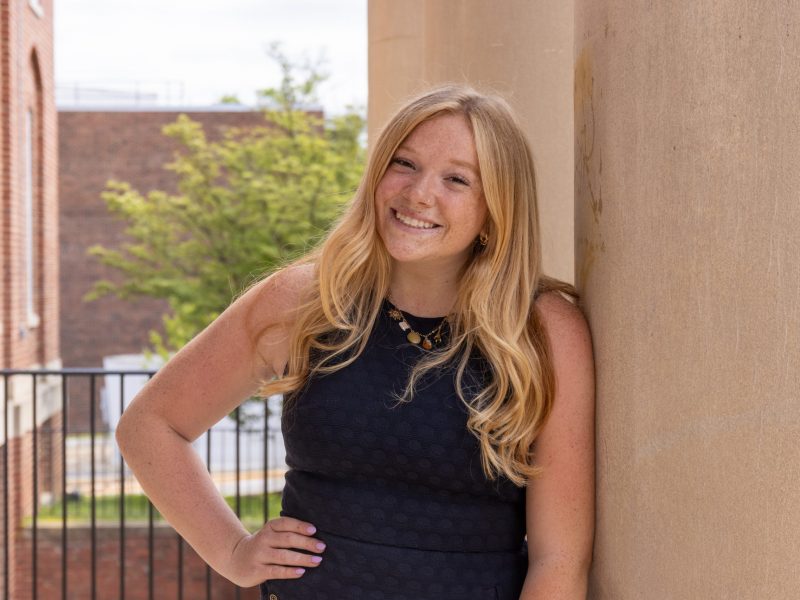Two University of Maryland professors have been named recipients of the 2016 University System of Maryland Board of Regents Faculty Awards, which were announced at the board’s April 15 meeting at the University of Maryland University College.
The awards are the board’s highest honor for faculty members, and are presented in five categories: teaching, public service, mentoring, innovation and a combined category for research, scholarship and creative activity.
Computer science professor Ramani Duraiswami won an award in the scholarship, research and creative activity category, and mechanical engineering professor Jungho Kim won in the teaching category. Fifteen faculty members from other institutions in the system also received awards, each of which includes a $1,000 stipend. Faculty members at each institution are nominated by a committee of their peers.
“I was quite excited and I didn’t expect the recognition,” Duraiswami said. “Hopefully more students will read about this now and will maybe want to get into audio research,” which is his focus.
Duraiswami has been part of this university’s computer science department since 2004 and a research scientist at the University of Maryland Institute for Advanced Computer Studies starting in 1998. He earned his doctorate from Johns Hopkins University in 1991 and his Bachelor of Technology from Indian Institute of Technology Bombay in 1985, according to a computer science department news release.
He has researched three-dimensional surround sound at this university as well as through his audio company, VisiSonics, which makes devices for capturing and broadcasting 3-D sound. He focuses on where sound is coming from in an environment, and has developed software and hardware that help people perceive sound accurately in a video game, entertainment or virtual-reality environment.
“Dr. Duraiswami’s work in the field of true three-dimensional surround sound has been deeply innovative and has had a major impact in academia and industry,” board Chairman James Shea and university system Chancellor Robert Caret said at the ceremony, reading from a prepared statement. “His work … offers a more sophisticated understanding of how humans ‘locate’ sound.”
Romel Gomez, an engineering professor and associate chair for undergraduate education who hired Duraiswami as a professor in 2004, said he was happy for him.
“He has worked very hard on his acoustic technology for the past 10 to 15 years he’s been at this university,” Gomez said. “He has done very good work on campus and … has made great contributions to the acoustic technology field.”
Kim, a professor for the mechanical engineering department and the Keystone Program — which encourages the school’s best faculty members to teach more lower-lever courses — said he was also surprised to find out he had won the award.
“I was surprised, but I was also grateful to the people who had nominated me for it,” Kim said. “I am also grateful to the students for their support and giving me the opportunity to teach them.”
This semester, Kim is teaching two courses, ENME350: Electronics and Instrumentation I and ENES232: Thermodynamics. He has been teaching ENME350 for four years and ENES232 for two years, and has also taught graduate courses in mechanical engineering. Before working at this university, Kim was a professor at the University of Denver for about six years, and before that, he worked at engineering and testing company Calspan in Buffalo, New York for about two and a half years. He received his doctorate from the University of Minnesota Twin Cities in Minneapolis in 1990.
“Dr. Kim teaches an amazing range of students and classes, from undergraduates in high-enrollment lower-level required courses to small advanced classes of graduate students,” Shea and Caret’s statement said. “He also served as the faculty advisor to the mechanical engineering honor society and advisor to numerous undergraduate research projects. Colleagues praise him for his exceptional ability to educate students in the fundamentals of the field.”
Kenneth Kiger, mechanical engineering undergraduate studies director, said Kim is deserving of the recognition.
“He’s always been a very dedicated and conscious instructor who puts the students’ interests and learning of material on the forefront,” Kiger said. “I’ve seen him teaching a number of challenging courses that aren’t as popular because they are required courses, and he just has a way of organizing and explaining the material that students respond to.”



